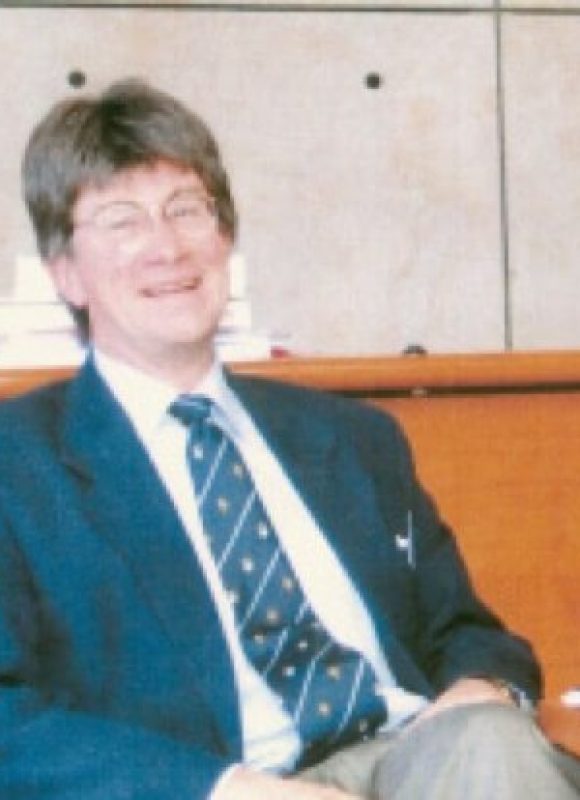PIONEER
Hugh Corder

Professor of Public Law | Constitution drafter | Author
Born: 25 July 1954
“In my case, academic life attracted me … because it afforded a little space in which to undermine the tyranny of apartheid and capitalism, and to pursue the constitutional goals of dignity, equality and freedom.”
Who is
Hugh Corder?
Professor of Public Law and author who served as a technical adviser in the drafting of the transitional Bill of Rights for South Africa.
Professions
and Roles
Professor of Public Law at the University of Cape Town (UCT)
Best Known For
Member of the four-person Technical Committee on Fundamental Rights during the transition at the Multi-Party Negotiating Process, Convener of the Technical Committee assisting Theme Committee 1 of the Constitutional Assembly.
Life highlights
- After the student uprising in 1976, Corder increased his commitment to the National Union of South African Students (NUSAS), also running a national project for the Union upon his graduation.
- He was appointed as a Senior Lecturer in Public Law at Stellenbosch University where he also served as the honorary President of NUSAS.
- Corder chaired various institutions including the Civil Rights League, the Western Cape Institute of Race Relations and the Society for the Abolition of the Death Penalty in the Western Cape.
- He became Professor of Public Law at UCT in 1987 and was appointed as the Director of the School for Advanced Legal Studies between 1996 and 1998.
- Corder served as Dean of UCT’s Faculty of Law until 2008.
IN THEIR OWN WORDS
“In my case, academic life attracted me … because it afforded a little space in which to undermine the tyranny of apartheid and capitalism, and to pursue the constitutional goals of dignity, equality and freedom.
What is the relevance of all this to the present project? The answer lies in the deepest sense of honour and privilege, one that no academic dreams will come their way when they set out on their career: that they will have participated in writing the founding document of the public governance system which holds sway in the land of their birth and residence … In the process I worked with and encountered some remarkable people of all persuasions and beliefs, and was exposed to the highest level of intellectual debate and political intrigue.
Thankfully, given the determination and prescience of those who negotiated and wrote the Constitutions of 1993 and 1996, the constitutional democratic system remains secure, but it demands the constant support and unwavering commitment of all who wield public authority: those of us privileged to have participated in its framing, dare not allow it to be undermined.”
– Hugh Corder
IN THE WORDS OF OTHERS
“Respected political analysts such as Hugh Corder correctly pointed out that the perspective of the ANC was based on egalitarianism, always seeking rights that included but clearly went beyond the individual. They noted that their approach had a strong social, community and humanitarian dimension which was largely influenced by the African concept of ubuntu in terms of which you acquire your being through others – I am because you are.”
– Enver Surty, Deputy Minister of Basic Education
Parliament of the Republic of South Africa (2018) Theme Committee Book Series 1-6
